For his recent book Dear Queer Self: An Experiment in Memoir, queer author and professor Jonathan Alexander took a trip to the past, imagining that he was in conversation with his younger self. The approach, he says, allowed him to better understand who he is today. Southern California-based Alexander spoke with another queer author, Alex Espinoza, who wrote Cruising: An Intimate History of a Radical Pastime, about how he wrote Dear Queer Self and why he believes that maybe it doesn't really "get better."
Alex Espinoza: What was the initial idea for writing Dear Queer Self? What sparked this desire for you to address these letters to your younger self?
Jonathan Alexander: Over the past few years, I'd written two memoirs, Creep: A Life, a Theory, an Apology and a sequel of sorts, Bullied: The Story of an Abuse, that dealt with my experience of intense homophobia while growing up in the Deep South in the '70s and '80s. Having spent that time writing about my younger self, I wanted to write a letter to him -- not to tell him that things get better necessarily but that I was proud of him for having survived so much, for teaching older me how to be a gracious, proud, and even daring queer person.
The book focuses on three years in the life of your younger self -- 1989, 1993, and 1996. Why did you choose to focus on those specific years?
These were all years that were important to my personal growth that also intersected with significant political changes -- the fall of the Berlin Wall, the election of Bill Clinton, and the overturning by the U.S. Supreme Court of Colorado's Amendment 2, which banned lesbian and gay people from being able to claim discrimination. I track how my own personal development was in many ways sparked by larger cultural and political conversations and shifts about opening up new ways of living, of being free.
I love the songs and artists you use at the start of each chapter in the book. It's a wide and eclectic range -- from Roxette to Dishwalla to Madonna. How do you see music shaping this narrative? Did you re-listen to all these songs while you were writing the book?
Oh, my God, yes. I made YouTube playlists for all three years covered in the book, with top pop songs for each year becoming the titles of the chapters. Pop music is a powerful way that our culture teaches us -- I want to say indoctrinates us! -- about love, intimacy, how to be human. Sometimes that's positive and affirming. Just as often it sets up unfulfillable expectations. I'd like to think that my life as a young person was in conversation not just with the politics of the time but also with the pop music that was itself grappling with what we want, how to be in the world, how to love. When Dishwalla sings "tell me all your thoughts about God," I was having intense conversations with folks at the same time about religion, sexuality, tolerance, and civil rights. And when Madonna was singing in "Cherish" about cherishing the one you love, I was trying to figure out a way to do that in a homophobic culture, thinking about how to love safely in a time and place that could be pretty hostile to people like me.
In what ways was writing Dear Queer Self different than, say, your previous works? Here I think specifically of your other memoir, Stroke Book: Diary of a Blindspot.
Like I said, I think of Dear Queer Self as rounding out the work of Creep and Bullied, finishing a trilogy of thinking and feeling about how my youth has shaped the person I've become. It's also a bit stylistically daring, written fully in the second person, directly to my younger self. Stroke Book (and thank you for mentioning it!) deals with a health crisis I had in 2019, a minor stroke that I trace to the experience of long-term living in a homophobic society. The pressure of trying to survive a culture that still wants you dead takes its toll. It's funny -- I think of myself as a pretty positive person despite it all, but my written work is very much in the survivor story mode.
Thinking about that mode, what do you hope Dear Queer Self will contribute to the body of LGBTQ+ literature?
At a personal level, I write just to make sense of my experiences but also to challenge myself and my thoughts about what I've been through. In the LGBT community, we often tell young people that "it gets better." And I guess in some way our situation as queer people has improved. But it's precarious, right? Look at all the anti-trans and anti-woman legislation and court rulings coming down. We have so much left to do, even as we have so much to be proud of. So, when asked if Dear Queer Self is about how "it gets better," I'm tempted to say "fuck that." For queer people, it doesn't necessarily "get better," but viewed through our experiences, it does get more interesting, richer -- but only if we are vigilant. I hope that's enough of a contribution! And let me conclude by thank you, Alex! These have been great questions, and I love your work!
Alexander and poet Pamela Sneed will present "Writing Our Own Queer Histories" at BGSQD (Bureau of General Services--Queer Division) in New York City tonight at 7. The event is both in-person and online.
For more information and to buy Dear Queer Self, go to www.bgsqd.com.

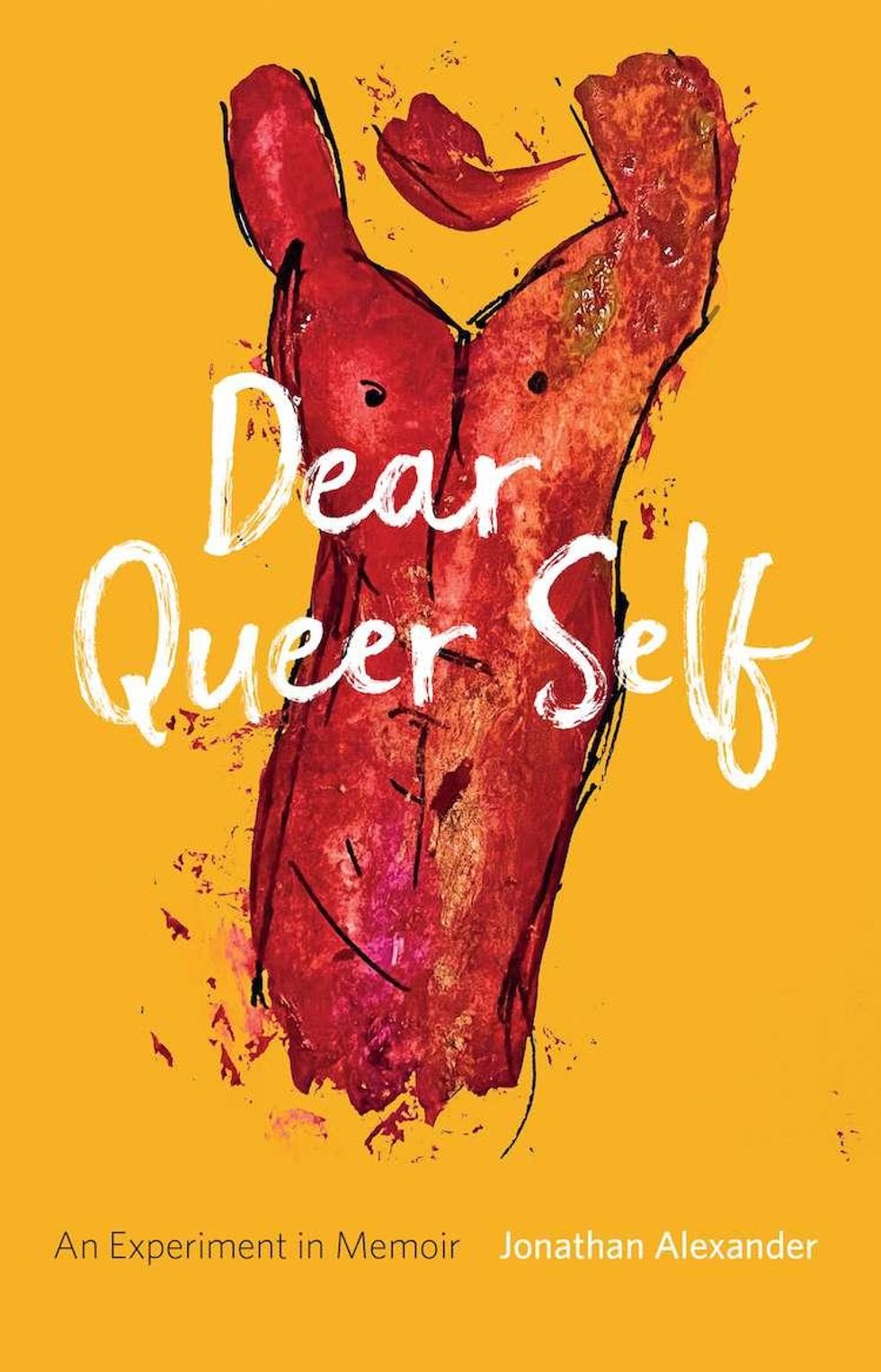
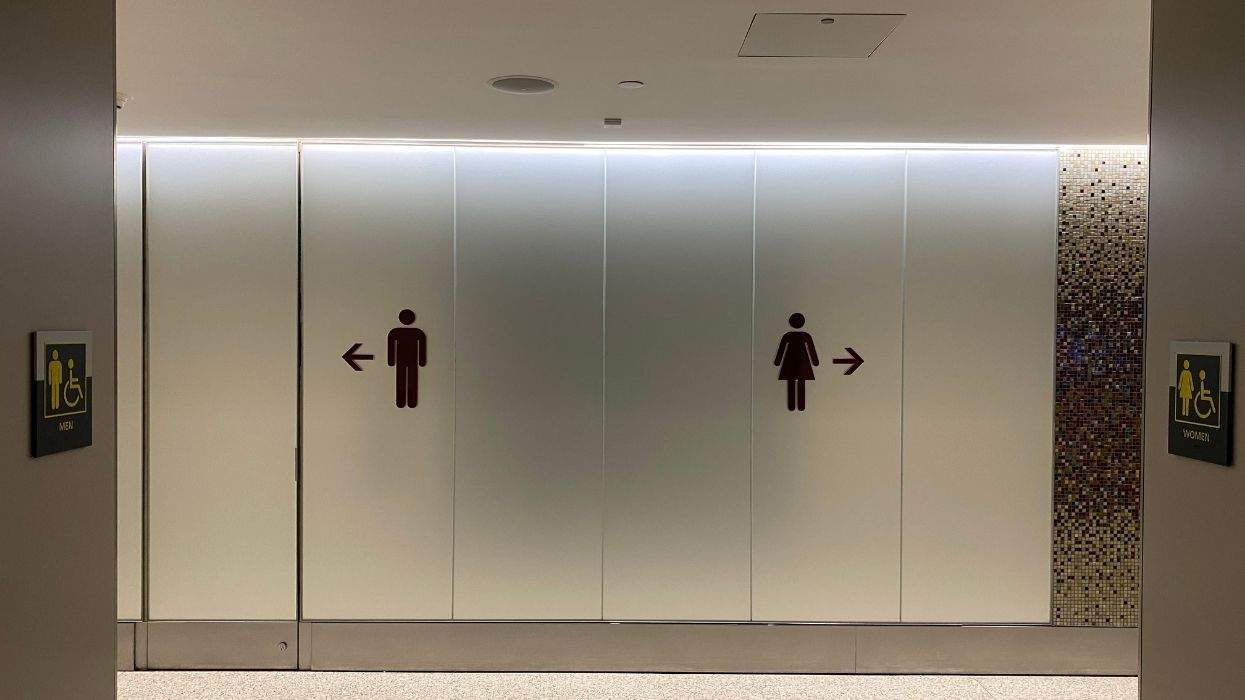
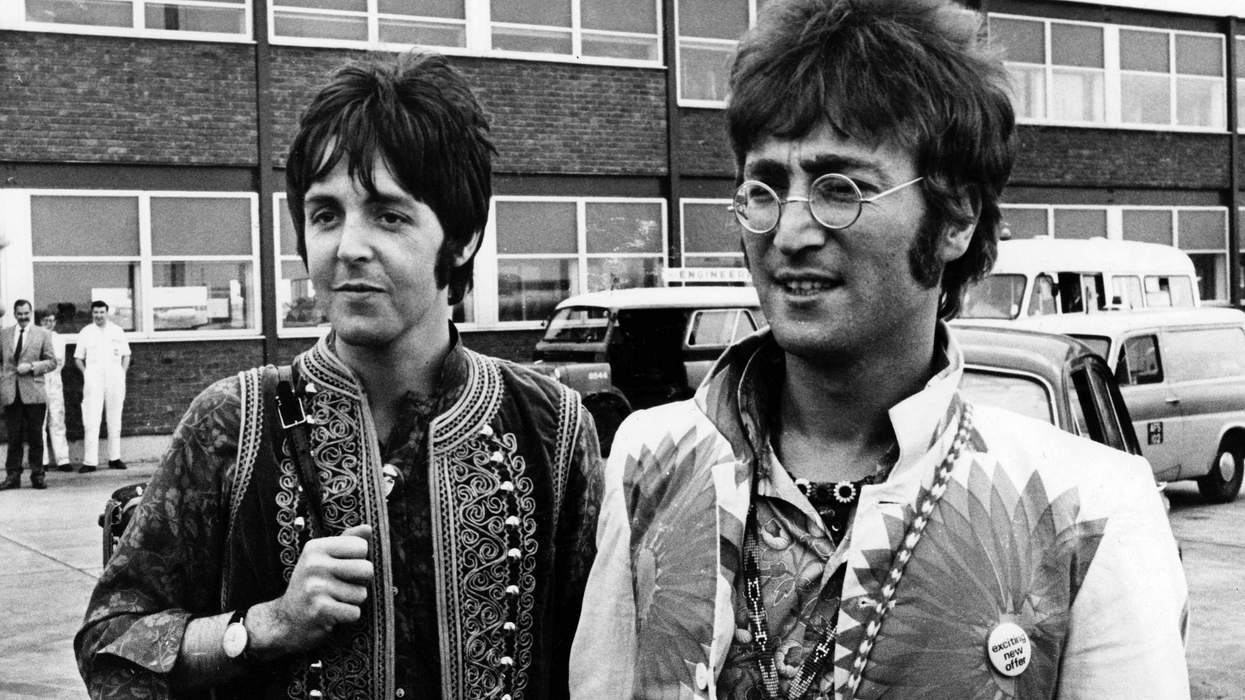
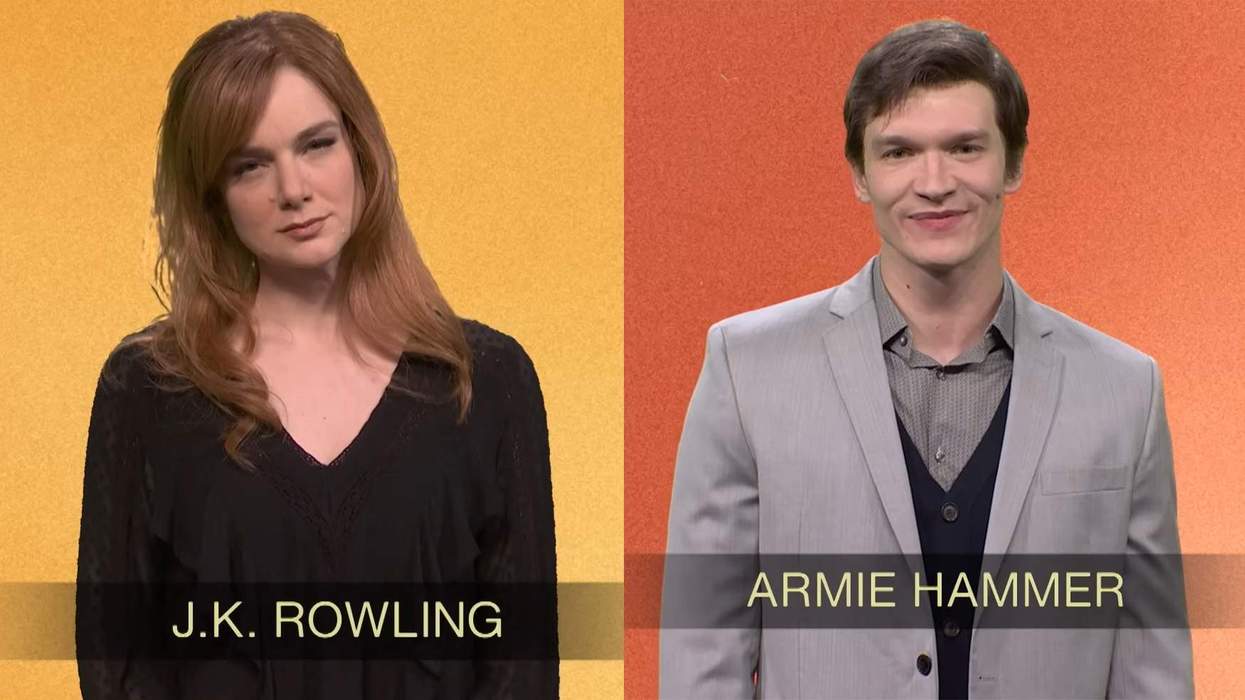
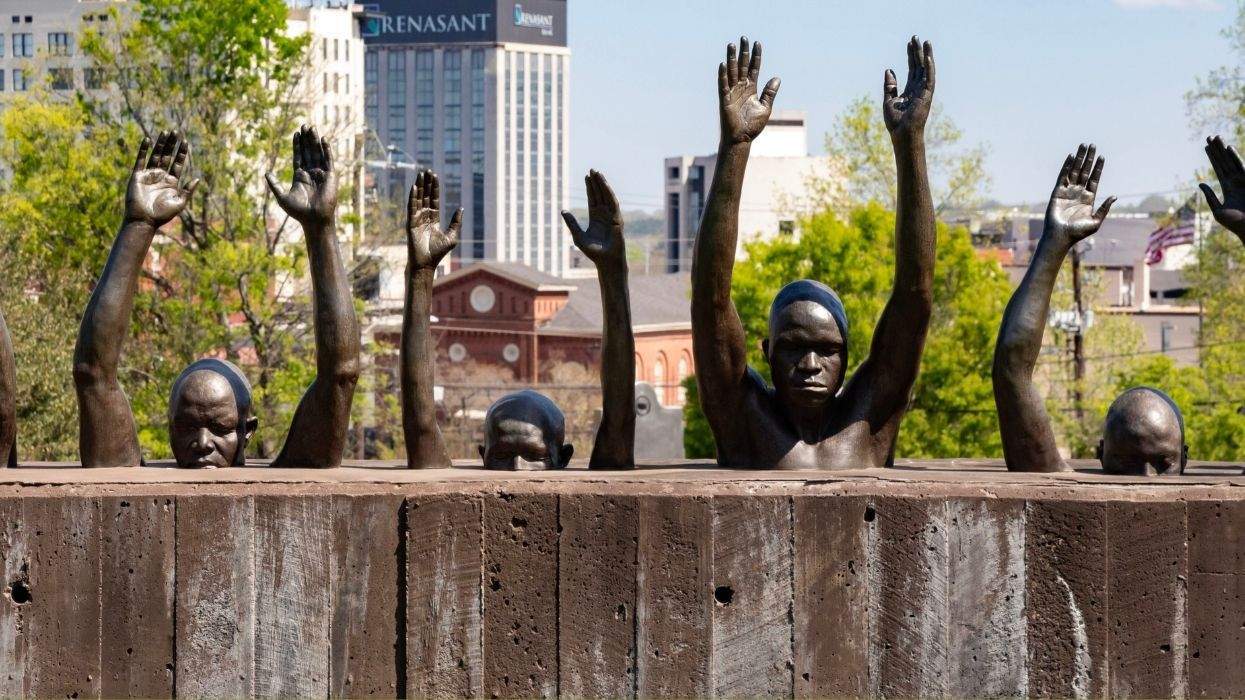
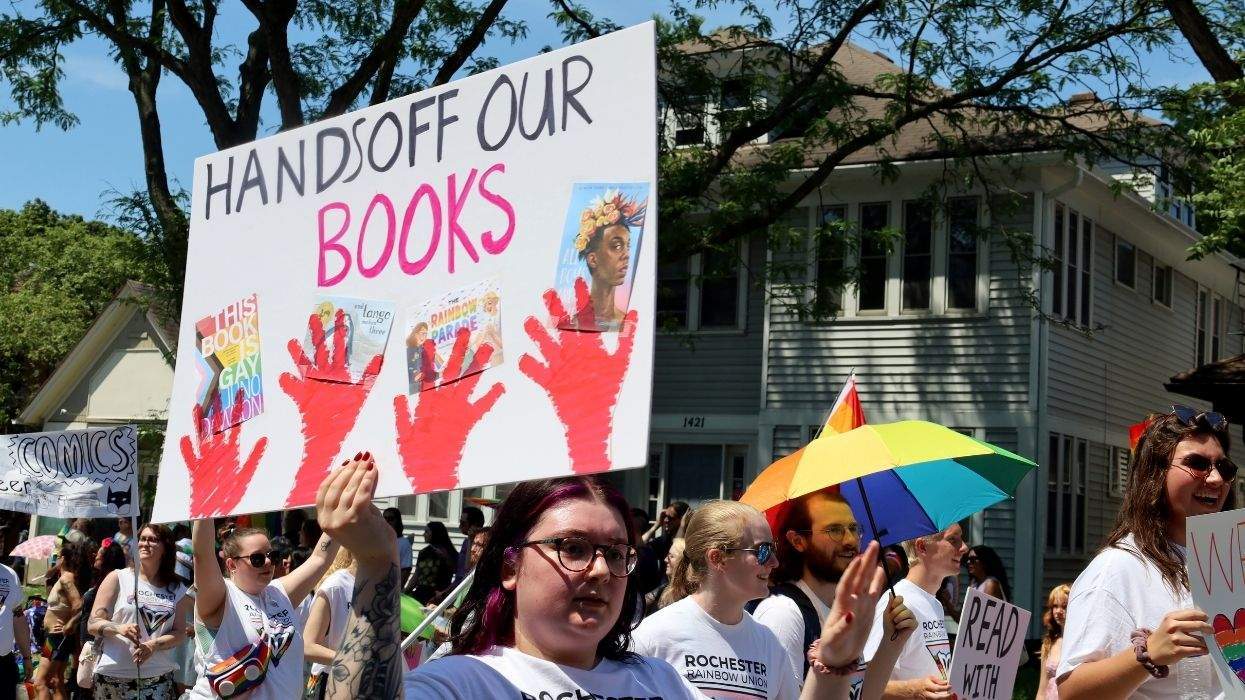



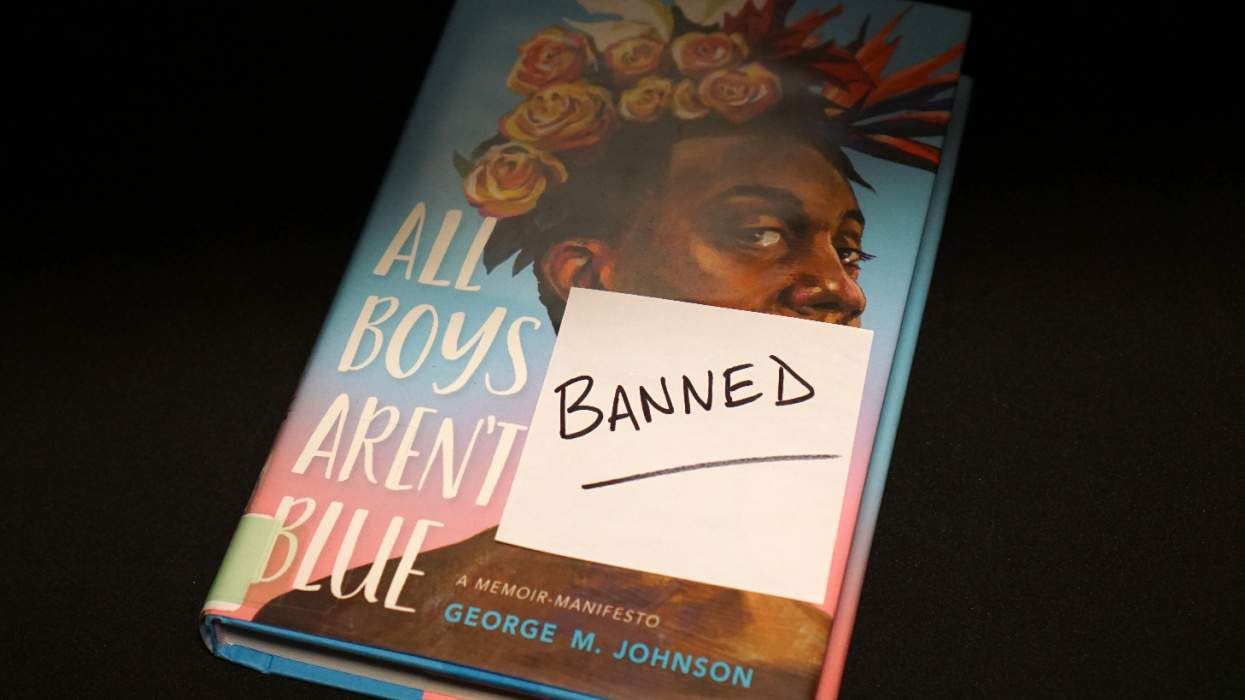





Charlie Kirk DID say stoning gay people was the 'perfect law' — and these other heinous quotes
These are some of his worst comments about LGBTQ+ people made by Charlie Kirk.